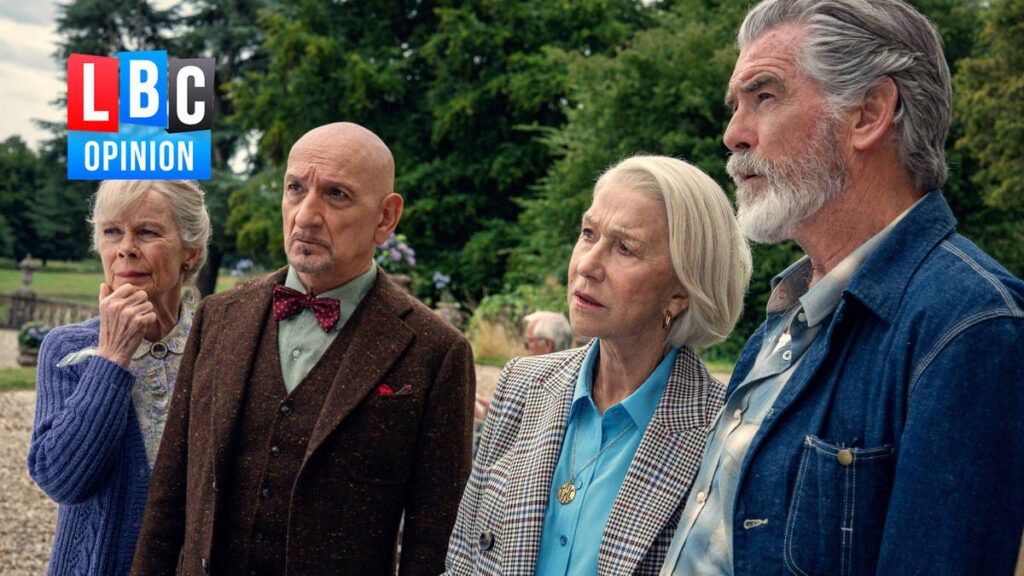Netflix subscribers and cinema-goers will become immersed in its luxurious surroundings now the film adaptation of Richard Osman’s best-selling series has landed.
It’s not often that a residential community for older people provides the backdrop for such a high-profile Hollywood film with an A-list cast, presenting a golden opportunity for the later living sector.
While the housing pipeline for accommodating our ageing population evolves, many older people choose to remain in their existing home for reasons such as availability, financial concerns and community ties – or simply because ‘rightsizing’ isn’t yet part of the British psyche. Perhaps The Thursday Murder Club could help change this.
What is rightsizing?
The ‘rightsizing’ concept refers to people choosing a home that fits their current individual needs and lifestyle, distinct from downsizing for financial reasons.
Research by ExtraCare Charitable Trust and Aston University revealed that living in age-appropriate housing led to continuous improvements in physical activity, memory recall and perceived health, while anxiety, loneliness and risk of falls decreased. There was also a 38% cost reduction to the NHS due to reduced hospital stays and fewer GP visits.
Rightsizing also helps alleviate property ladder bottlenecks by freeing up larger family homes for the market, and eases workforce challenges by pooling carers in retirement villages.
A Barclays study found that 3.8 million households could be motivated to rightsize, although emotional attachments to their homes were a barrier for 61% and moving costs deterred 45%.
Thursday Murder Club shines a light on integrated retirement communities
Housing choice depends on personal preference and circumstances, but the options are widening.
Among those growing in popularity, albeit from a low base, are integrated retirement communities (IRCs). These large-scale developments, which can offer increasing levels of care as needs develop, often feature restaurants, bars, fitness centres, swimming pools, libraries, shops, entertainment venues, on-site healthcare facilities and wellness programmes.
In Thursday Murder Club, the 300 residents of Cooper’s Chase, a 12-acre IRC in Kent, spend their time together exercising, eating, playing board games – and even solving murders.
The active lifestyles portrayed by the characters, all in their 70s, reflect the high quality of lives often found in retirement villages.
Shifting perceptions among future retirees
More than 10 million people have bought copies of Osman’s four-book series. Many more will now get a front-row seat into retirement living via Netflix, whose primary demographic is the 18 to 40 age group but is increasingly signing up over-55s.
The significance of this captive audience shouldn’t be underestimated.
Putting retirement living front and centre of British culture could help make it aspirational for future generations and assist with normalising the rightsizing practice that’s more common in countries like the US, Canada, Australia and New Zealand.
For instance, 6.5% of over-65s reside in IRCs in the US – where there’s more almost 20,000 providers – compared to just 1% in the UK.
Favouring senior housing in planning policies, adopting flexible construction methods, and introducing financial incentives like a capped stamp duty for rightsizing are among the proposed innovative solutions to increase supply.
Creating demand for these types of living spaces, however, depends on winning hearts and minds.
Cooper’s Chase may be a good place to start.
Victoria Thourgood, Partner and Head of Later Living at UK and Ireland law firm Browne Jacobson
LBC Opinion provides a platform for diverse opinions on current affairs and matters of public interest.
The views expressed are those of the authors and do not necessarily reflect the official LBC position.
To contact us email opinion@lbc.co.uk

